Answer these questions:
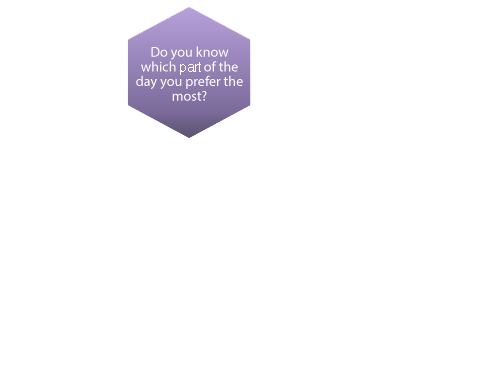
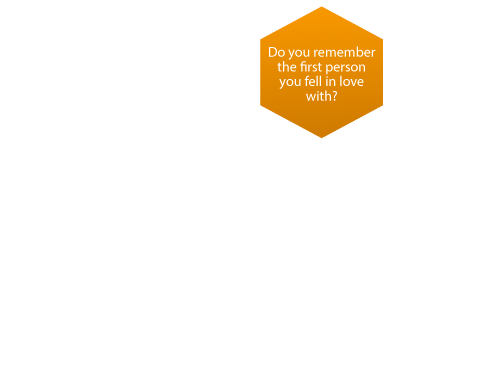
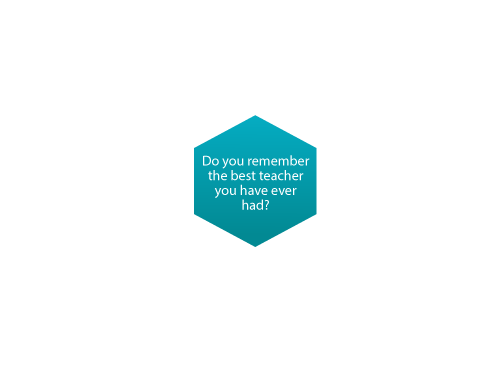
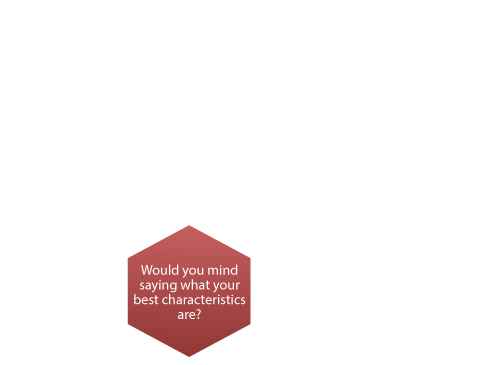
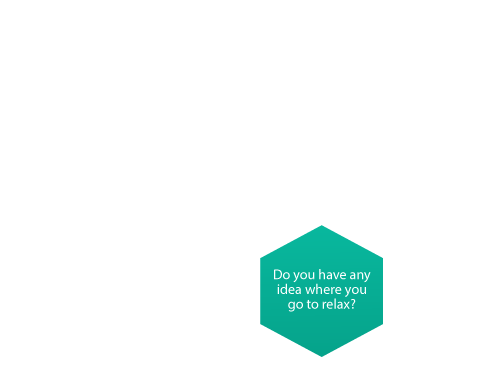
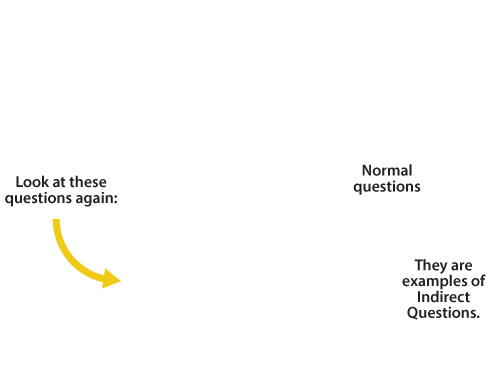
In this topic, you are going to learn how and when using the Indirect questions.
By the end of this topic, you will:
Use the introductory phrases to ask indirect questions and to know the formal registers when requesting information in English-speaking countries in situations of cordiality.
We say: Where
but Can I ask where
has Tony gone?
![]()
Tony has gone?
(not Can I ask where has Tony gone?)
When the question (Where has Tony gone?) is part of another sentence or question, the word order changes.
Rules of indirect questions
Click on Next to see the information
When you use these introductions to ask formally for information, change the order of the words into
Subject + verb + complement:
For example:
Direct question |
Indirect question |
|---|---|
What time is it? |
Could you tell me what time it is? |
Who are those children? |
Would you mind telling me who those children are? |
Where can I find Lindsay? |
Do you know where I can find Lindsay? |
How much will it cost? |
Can I ask how much it will cost? |
Be careful with do/does/did questions:
Changes to: Do you know what time the movie begins?
Changes to: I was wondering what you know about the topic.
Changes to: I don’t know why Tom left the party early.
Use the question word (what, where, how long, etc.) as a connector in the indirect question:
changes to: I was wondering how long you have worked here.
If there is no question word in the original question, use if or whether:
Activity 1
Widespread use of the indirect questions is when you can ask for information politely in another country. In this activity, you are going to read the text “Rules of Courtesy and Etiquette in England”.
You will complete the sentence with the missing words so that you will identify the function of the indirect questions in the rules of courtesy.

Retrieved on May 15, 2017 from http://maxpixel.freegreatpicture.com/photo-1439403
Activity 2
Another situation where you can use the indirect question is to ask information about an address, room, a ticket train or advertisement you need for your job.
In this activity, you are going to listen to four short dialogues where you identify how the speaker requires or provides the information. Then, you will answer the next question.

Retrieved on May 15, 2017 from https://pixabay.com/photo-544180/
Listen to the conversation by clicking here.
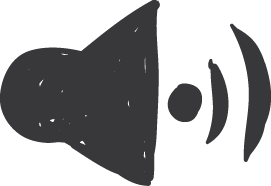
Activity 3
Read these sentences and write an indirect question to rephrase it. Follow the example:
Sarah needs to buy some folders, but it is very late
Take into account the following checklist to evaluate yourself.
I would ask:
“Do you know where Sarah can buy some folders?”
Activity 4
Remember that Indirect Questions are used to sound more formal. Look at the following questions.
Record audio in which you change all the previous direct questions into indirect ones. Pay attention to the use of question words and connectors.
Before recording yourself, study the aspects you will have to evaluate, they are described in the following rubrics.
Once you are ready, make your recording.
Imagine you work for the Human Resources Department. You are going to interview a candidate for a post but you.
Please read the questions of the interview and rewrite them more formally, using the introductory expressions.
Hewings, Martin. (2005). Advanced Grammar in Use. Cambridge: CUP (2nd ed)
Murphy, R. (2012). English Grammar in Use. Intermediate. Cambridge: CUP [4th ed]
BBC Learning English. (2006-2016). Welcome to your new job. Indirect questions. Retrieved 03/05/17 from http://www.bbc.co.uk/learningenglish/english/course/lower-intermediate/unit-21/session-2
BBC Learning English. (2009). Language point. Indirect Questions. Retrieved 03/05/17 from
http://www.bbc.co.uk/worldservice/learningenglish/flatmates/episode46/languagepoint.shtml